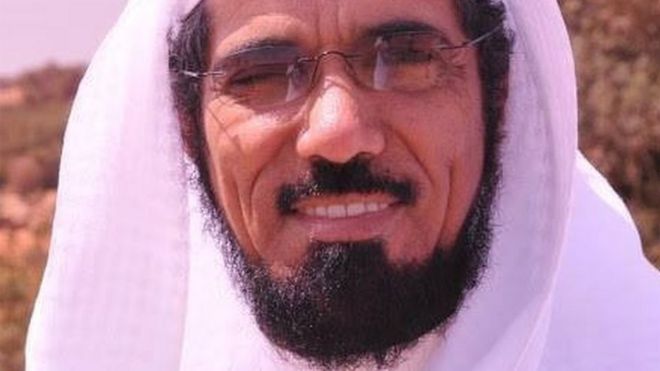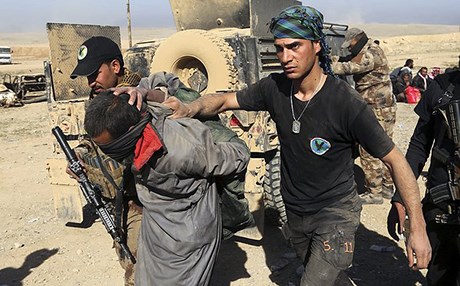By: Justin Santabarbara
Impunity Watch Reporter, Middle East
RIYADH, Saudi Arabia – In what appears to be a crackdown on opposition to the regime, Saudi secret police have begun a mass roundup of Sunni clerics and scholars. The detention and prosecution of a suspected thirty authoritative figures is speculated to have been the work of elites working to repel the influence of the Islamic State. Additionally, Reuters reports that many of the clerics and scholars have been connected to Qatar, a state recently alienated by several gulf regimes due to their publicized harsh treatment of migrants. Bahrain and the United Arab Emirates have long pressured the Saudi government to sanction Qatar; while it appears that further official sanctions are unrealistic, enforcing the disappearance and subsequent prosecutions of many individuals connected to ranking Qatari officials may be an attempt to appease its gulf neighbors.

In particular, the now detained clerics have been vocal critics of the international community’s alienation of Qatar and have called for peace agreements between the Saudi government and Qatar. Moreover, the clerics remained angry with the Saudi condemnation of the Muslim Brotherhood, which remains heavily active in Qatar. While the Saudi government has promulgated the prosecution of the clerics as a matter of national, it appears that the arrests were more centrally a means to quell dissent.
The arrests also come during spike in political uprising within Riyadh. Since assuming office in June 2017, Crown Prince Mohammad bin Salman has faced large opposition from both religious and secular entities. Because his rise was the function of a coup, it has been his prime focus to ensure that the Saudi people are capable of ensuring his political survival. Since June 2017, political tensions have lent themselves to mass political dissent. Because these clerics are considered to be among the elite class, with a twitter following capping at fifteen million people, their incapacitation is a positive contribution from their timely arrests.
The Saudi regime continues to be steadfast in their desire to promulgate the arrests as a measure of national security – critics verbosely disagree. Those who would be expected to be most agitated are without a voice until further word is given from the Saudi officials.
For more information, please see:
BBC News – Saudi Arabia Arrests ‘Clerics’ in Crackdown on Dissent – 13 September 2017
Gulf Times – Saudi Calls for Social Media Informants Decried as ‘Orwellian’ – 13 September 2017
Reuters – Saudi Clerics Detained in Apparent Bid to Silence Dissent – 10 September 2017

